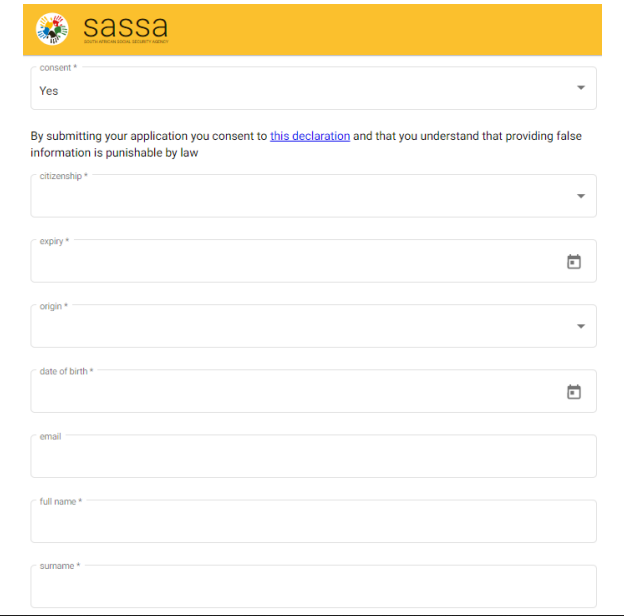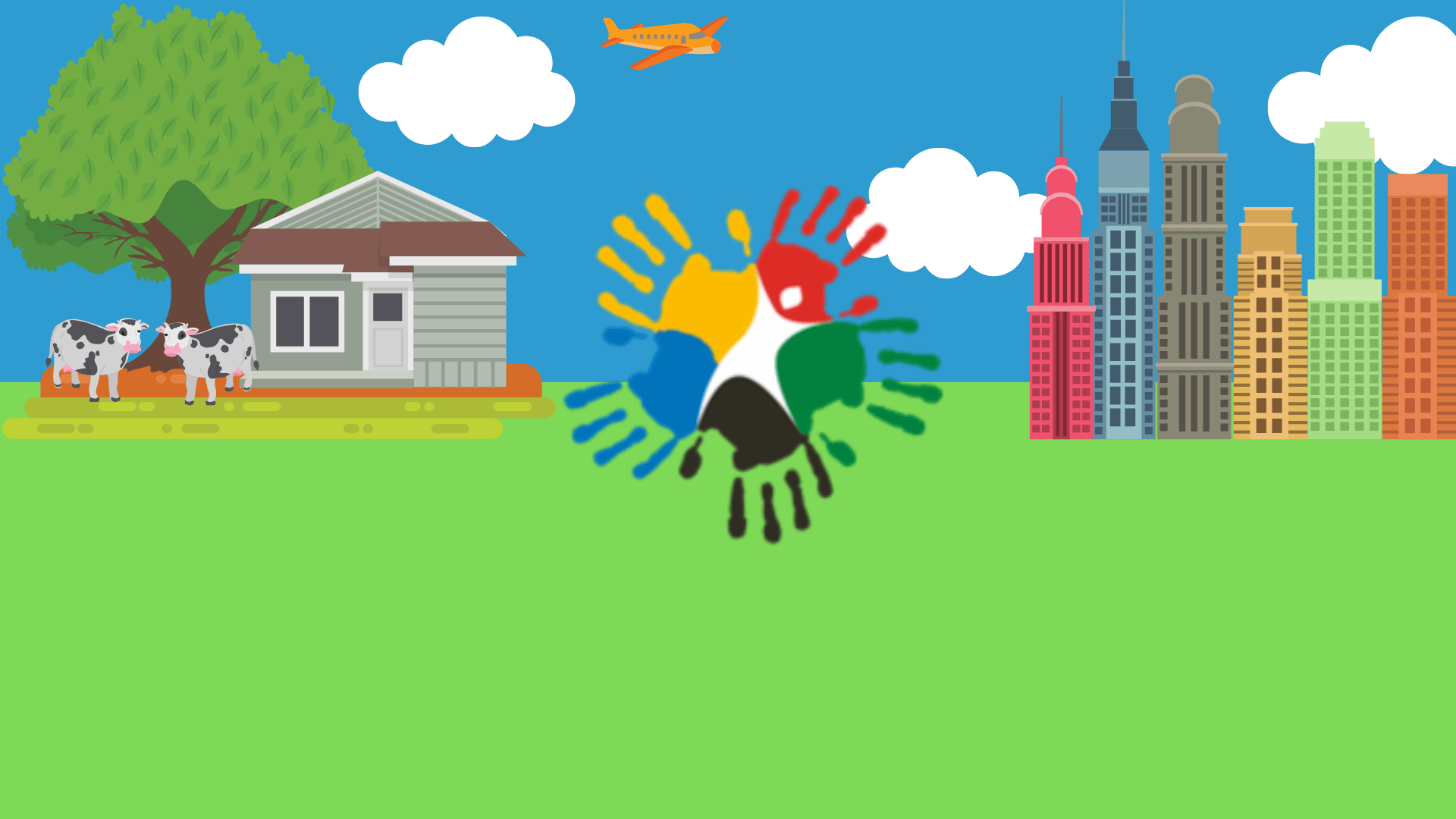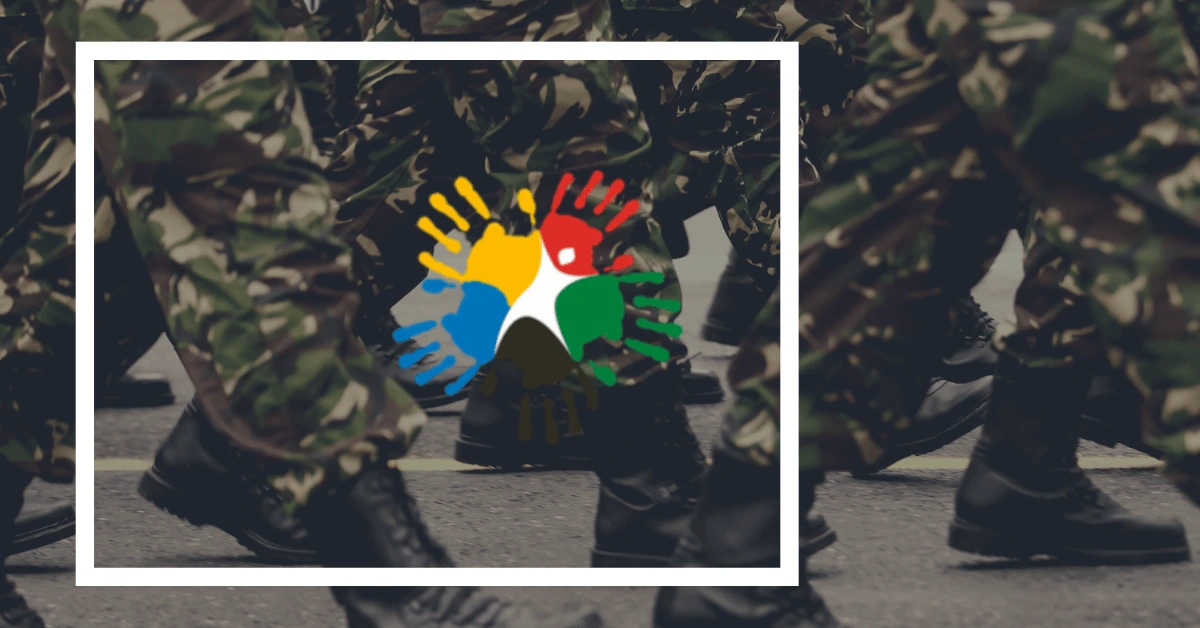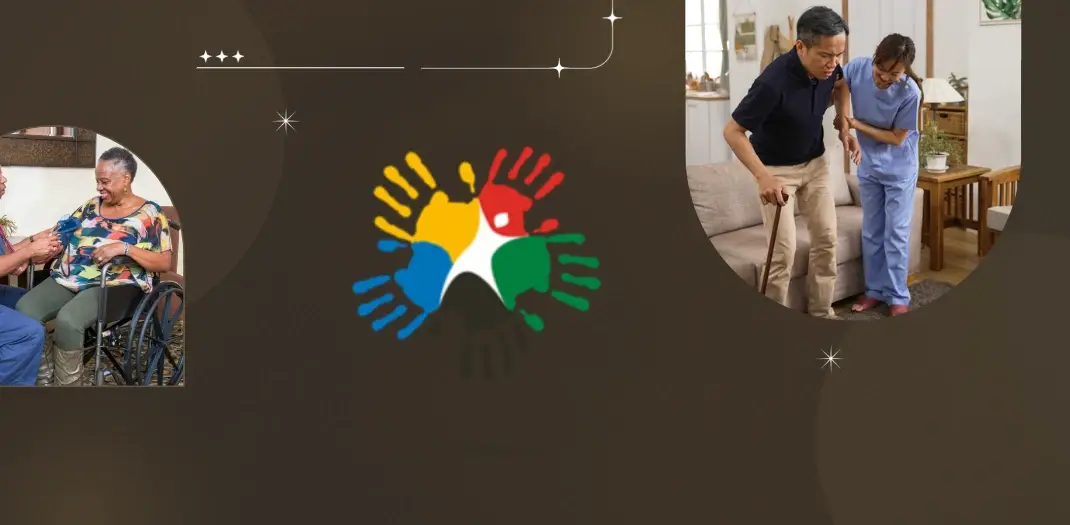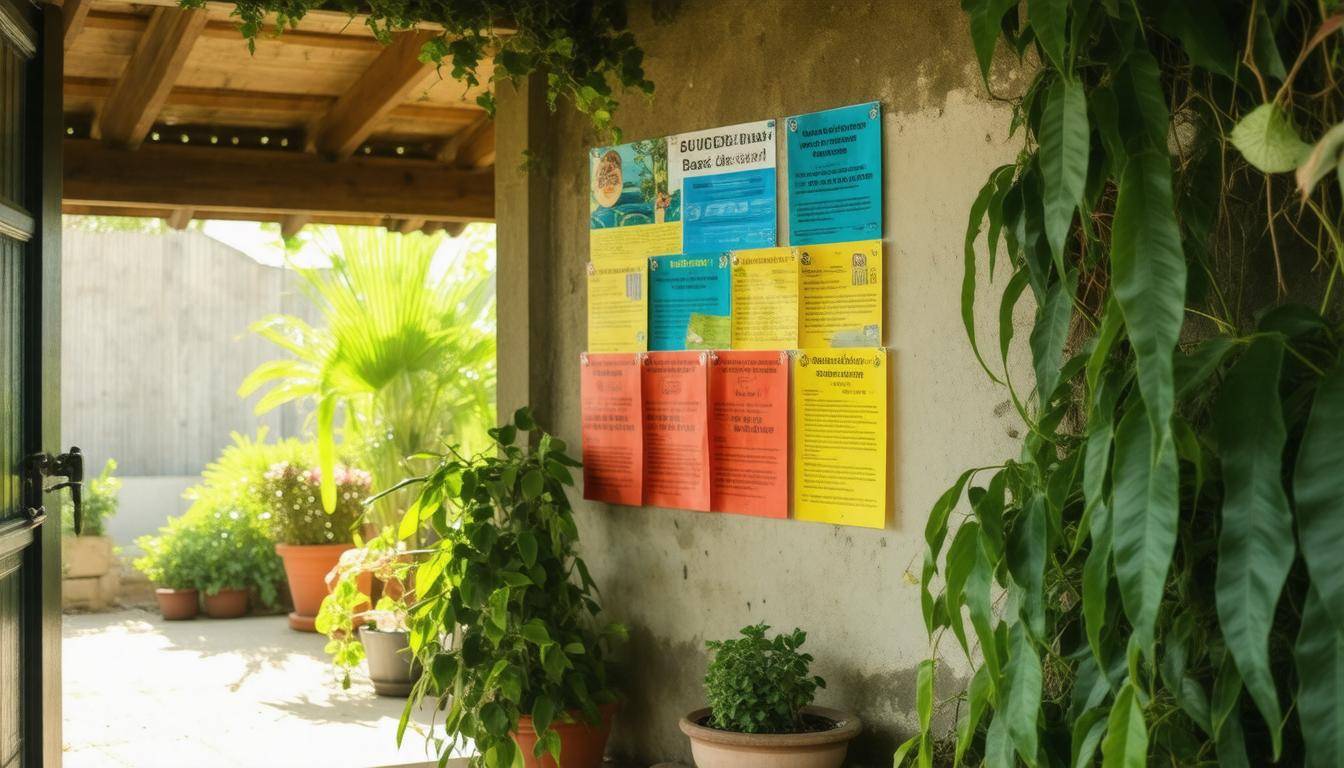Navigating the job market can feel like a maze, especially for young graduates seeking valuable experience. If you’re looking for an opportunity that not only adds to your resume but helps you grow professionally, the SASSA Internship Programme might just be the right path for you. In this article, we’ll uncover how to apply for this internship in 2025, detailing the steps you need to take and the qualifications required. With the right information at your fingertips, you’ll be one step closer to opening doors in your career while gaining hands-on experience that really counts. Let’s dive into what it takes to seize this opportunity!
To apply online for the SASSA Internship Programme 2023, visit the official SASSA website during the application period, typically open from April 1st until May 31st each year. Ensure you have your identification documents and academic qualifications ready to upload as part of your application process.

How to Apply Online
The process to apply online for the SASSA Internship Programme 2025 may seem daunting at first, but breaking it down step by step makes it manageable.
Start by visiting the official SASSA website at www.sassa.gov.za and navigate to the “Internship Programme” section. Here, you’ll find a wealth of information about available positions and requirements.
As you prepare to take your first step, registering on the site is crucial. You will need to create an account with a valid email address and a strong password to ensure your application is secure.
After you hit that register button, be on the lookout for a confirmation email in your inbox. It’s essential to verify your email as this will confirm your registration and give you access to the application portal, paving your way toward potential internship opportunities.
With your account now active, you can log in and begin filling out the application form.
Step-by-Step Application Process
Step I – Registration
Once you’ve logged in, it’s time to tackle the New Z83 Application Form that lies ahead. This form requires you to provide various details—personal information such as your name and address, as well as educational background and any relevant previous employment experience.
Remember that accuracy is key here; errors can cost you an opportunity before it even begins. A quick tip is to have all your personal documents nearby so you don’t have to scramble for details while filling out the form.
Before you proceed, take a moment to double-check everything you’ve entered into the form. Mistakes might seem minor now, but they can lead to complications later on in the selection process.
After this crucial step, it’s time to get your documents ready for upload.
With your application form complete, focus on gathering and uploading the necessary documentation. Make sure you have digital copies of your CV, academic qualifications, and a valid South African ID on hand. It’s crucial that these files are saved in the correct formats—usually PDF or JPEG—because mismatched formats can cause delays or rejections.
Once your documents are organized and formatted correctly, return to your application portal. Select each file from your computer and upload them one by one before proceeding further.
Now that you’ve successfully uploaded all required paperwork, it’s time to review everything carefully before submitting.
Step III – Uploading Necessary Documents
Review every part of your application like you’re checking a final exam paper—you want to catch any last-minute errors. Confirm that all sections are filled out completely and that documents are uploaded without issues. When everything looks good, hit that Submit button! You’ll likely be directed to a confirmation page indicating that your application was received successfully.
Take a moment to save or print this confirmation page; it serves as proof of submission and ensures that you have something documented should any discrepancies arise further down the line.
And just like that, you’re done! Your application for the SASSA Internship Programme is now underway, so keep an eye on your email for updates regarding interviews or next steps in the process.
These straightforward steps enhance your chances of securing a position within this valuable program designed for professional skill development and growth in today’s competitive job market.
While understanding how to navigate the application process is vital, knowing what qualifications are necessary will further prepare you for success.
Key Requirements and Qualifications
To qualify for the SASSA Internship Programme, applicants must not only demonstrate eligibility but also possess specific qualifications that align with various internship posts. Understanding these criteria can make your application much more straightforward.
Eligibility Criteria
First and foremost, applicants need to be South African citizens and fall within the age range of 18 to 35 years. This focus on young adults aims to empower those entering the workforce with valuable experiences. Moreover, holding a completed National Senior Certificate—commonly known as Matric—is generally the minimum educational requirement necessary to apply. This ensures that candidates have the foundational skills to succeed.
But eligibility is just the start; the required qualifications play an equally important role in determining who gets selected for various internship positions.
Required Qualifications
Understanding the educational requirements for each position is crucial for tailoring your application effectively. Here are some examples of qualifications needed for specific roles:
-
Disability Management/Operations Management: A National Diploma or Degree in Public Management or related fields is essential. This background prepares interns to address challenges related to disability within organizational operations.
-
Human Capital Management: Candidates should possess a National Diploma or Degree in Human Resources Management or related fields. This qualification helps equip individuals with essential HR skills necessary for fostering effective workplace environments.
-
Communication and Marketing/Customer Care: If you’re interested in this area, having qualifications in Public Relations or other relevant fields will aid in understanding effective communication strategies and customer interaction.
-
Supply Chain Management: Lastly, those pursuing this path should have a National Diploma or Degree in Finance with relevant subjects. This knowledge ensures that candidates can contribute effectively to managing supply chains.
By aligning your qualifications with the internships on offer, you elevate your chances of success significantly. Each position requires specific skill sets that build upon theoretical knowledge while simultaneously allowing you practical experience through real-world applications.
Selecting the right qualification is key, as it intertwines with navigating through this whole process strategically. Moving forward, we can explore the specific opportunities available throughout the upcoming year, focusing on how you can leverage these pathways to enhance your career prospects.
Internship Opportunities for 2025
For the upcoming year, SASSA is shining a spotlight on diverse internship positions tailored to young graduates eager to dive into the public sector. Each role forms part of a comprehensive framework aimed not just at introducing interns to their fields, but also at enhancing essential skills that will serve them throughout their careers.
Picture this: you’re placed in the Frances Baard District, where you can gain insight into Disability Management or Human Capital Management, engaging directly with real-world issues while contributing meaningfully to social service initiatives.
Additionally, if you find yourself in the dynamic Pixley Ka Seme District, opportunities await in Communication and Marketing as well as Supply Chain Management. The ability to absorb practical knowledge through hands-on experience is invaluable; there’s something deeply rewarding about seeing how each department operates cohesively to uplift communities. These internships are designed not only for day-to-day tasks but also for long-term skill enhancement that clients and employers alike value.
This structured internship approach allows participants to explore their interests while being guided by experienced professionals who can offer mentorship and feedback—a vital aspect of professional growth.
Furthermore, other districts may have different roles based on local needs which typically involve administrative, operational, or support functions. Regardless of the specific area you might be aiming for, each position emphasizes community engagement and real impact, empowering you as an intern to contribute actively while learning.
Interning with SASSA means more than just getting a foot in the door; it involves participating in pivotal projects that shape the lives of many within South African communities. Achieving personal development through such experiences is not only beneficial but creates a meaningful foundation for your future career in public service.
Every internship role under the SASSA umbrella is crafted thoughtfully to ensure that each intern exits the program with heightened confidence and enhanced capabilities. With clear pathways towards skill acquisition and potential job placement within the public sector, being part of this programme could very well be your stepping stone into a fulfilling career.
With numerous opportunities available, understanding the benefits of joining this initiative is crucial for aspiring candidates looking to make a difference. We’ll now explore how participation can enrich your professional journey while contributing to important community objectives.
Benefits of Joining the Programme

One of the most significant advantages of participating in the SASSA Internship Programme is the professional experience that interns gain. This hands-on involvement in social service delivery allows participants to learn practical skills that textbooks simply can’t teach. When you handle real-world challenges and collaborate with experienced mentors, you cultivate abilities and insights that stand out to future employers. Imagine being able to discuss specific projects you contributed to during interviews; this practical background can transform your chances of securing a job.
Coupled with professional experience, another benefit lies in networking opportunities. As an intern, you’ll connect with industry professionals who can offer guidance, advice, and sometimes even job leads. Building these relationships can be invaluable. Events and workshops often feature guest speakers or leaders from various sectors, giving you a chance to engage with influential figures in your field. These connections could open doors for future opportunities and collaborations.
Moreover, financially supported by a monthly stipend, interns receive R7043.31 each month. This stipend is pivotal for many participants, especially those who might otherwise struggle to afford transportation or living expenses while pursuing their dreams. Having this financial support allows you to focus on learning without the constant worry about making ends meet.
Remarkably, studies say that about 60% of past interns transitioned into permanent employment within six months after graduating from the internship programme. This statistic highlights not just the effectiveness of the training provided but also how well-prepared interns feel as they step into the job market. By gaining invaluable experience and skills while forming essential networks, participants significantly increase their employability.
Taking part in this opportunity nurtures your career path while alleviating immediate financial pressures, creating a meaningful stepping stone toward a successful future. As we consider making the most of this program, it’s essential to stay informed about critical timelines and important information moving forward.
Essential Deadlines and Dates
Knowing the essential deadlines is a game changer when applying for the SASSA Internship Programme. Just imagine: you’ve spent hours polishing your resume and crafting the perfect cover letter, only to realize you’ve missed the cutoff for submitting your application. That’s why planning is key! Here’s a breakdown of the important dates you’ll need to keep in mind as you navigate through this journey.
The Application Opening Date is set for April 1st, 2025. This marks the beginning of an exciting opportunity, giving you access to all necessary resources to start preparing your submission. It’s advisable to review all the requirements listed on the website and gather your materials ahead of time so that you can hit the ground running.
As for the Application Closing Date, be prepared for May 31st, 2025. Mark it boldly on your calendar—this is your final chance to submit all required documentation and showcase your qualifications. Taking action at least a week before this date ensures that you won’t encounter any technical issues or require last-minute changes that could add unwanted stress.
After submissions come interviews—a crucial part of any application process.
Following applications, there’s an Interview Period from June 15th to July 15th, 2025. During this window, selected candidates will be contacted for interviews, which often play a significant role in determining who will secure an internship position. It’s wise to prepare well; practice answering common interview questions, conduct mock interviews with friends, and don’t forget to research SASSA thoroughly so you can articulate why you’re interested in joining their programme.
Court enthusiasm but also patience as it leads us to the next significant moment.
The Announcement of Results will take place on August 1st, 2025. This day might feel like a rollercoaster of emotions as anticipation builds. Remember that regardless of whether you receive an offer or not, every experience is a learning opportunity that contributes to your future growth.
Keeping these crucial dates in mind ensures effective time management during this competitive process. Jot down reminders in your planner or set notifications on your phone—staying organized will free up mental space for you to focus on crafting a stellar application.
Now that you have a clear understanding of these timelines, let’s explore strategies that can enhance your chances of success in this highly sought-after opportunity.
Tips for a Successful Application
Boosting your chances of acceptance starts with tailoring your CV to the specific internship you are interested in. It’s not enough to simply list qualifications; instead, you want to highlight relevant skills and experiences that closely align with the requirements outlined in the job posting. For instance, if you’re applying for a position in Human Capital Management, it would be wise to emphasize any related coursework or hands-on experience in human resources or organizational behavior. This personalized approach shows the selection committee that you’ve taken the time to connect your background with their needs.
Additionally, careful documentation plays a vital role in creating a seamless application process. Ensure all your documents—including the New Z83 Application Form, CV, and academic qualifications—are up-to-date, properly formatted, and legible. A neat presentation signals professionalism and attention to detail, qualities highly valued by prospective employers.
Beyond document preparation, proofreading is another key step that can make or break your application.
Sometimes we overlook this crucial stage—after all, who has time to meticulously comb through their work? However, it’s essential to check your Z83 Application Form and all other materials for spelling and grammatical errors before submitting them. Even minor mistakes can create the impression of carelessness and convey a lack of seriousness about securing the position.
An often overlooked insight is the importance of early submission. By applying well before the deadline, you not only give yourself ample time to gather necessary documentation but also mitigate the risk of any unforeseen technical glitches on submission day.
An early applicant had once shared their experience of receiving immediate feedback regarding missing documentation because they submitted early. This proactive approach allowed them to promptly rectify the issue, ensuring their submission was complete and timely.
Taking these steps helps to streamline your application process while enhancing your profile as an ideal candidate for this opportunity. As you prepare your application, having ready access to support resources can also make a significant difference in ensuring your success.
Contact Information for Assistance

During the SASSA Internship Programme application process, having access to reliable support can make a significant difference. If you find yourself with questions or facing challenges, don’t hesitate to reach out to the designated contacts.
For instance, Ms. Nelisiwe Cele is available at the Frances Baard District and can be reached at (053) 802 4956. If you’re in the Pixley Ka Seme District, you can connect with Ms. Glodean Peterson at (053) 802 7557. They are there to help clear up any uncertainties regarding your application or eligibility.
Always remember that maintaining open lines of communication can lessen anxiety during what might seem like a daunting process.
In addition to these specific contacts, SASSA also offers a general inquiries email option at info@sassa.gov.za. This can be particularly useful for broader questions or if you prefer written communication. No question is too small or insignificant; every detail matters when it comes to ensuring your application’s success.
It’s wise to save these contact details in a convenient place where you can easily find them again—perhaps in your phone or a notes app. Reaching out for assistance not only shows initiative but will also help you navigate through any hiccups smoothly.
So whether you’re a bit lost on the eligibility criteria or need clarification about the online application system, don’t hesitate to use these resources. After all, this programme offers an extraordinary opportunity for professional growth, and getting everything right from the start is key!
In conclusion, ensuring you have all the necessary information and support is critical for a successful application process. Take advantage of the resources provided to maximize your chances of securing an internship position.
What is the duration of the SASSA Internship Programme, and what kind of support is provided to interns?
The SASSA Internship Programme typically lasts for a duration of 12 months, providing interns with hands-on experience in various fields related to social assistance. Interns receive comprehensive support, including mentorship from experienced professionals, training workshops to enhance their skills, and opportunities for networking within the organization. This supportive environment not only equips interns with practical knowledge but also significantly improves their employability; studies show that over 70% of former interns secure employment within six months of completing the program.
Are there opportunities for permanent employment after completing the SASSA Internship Programme?
Yes, there are opportunities for permanent employment after completing the SASSA Internship Programme. Many interns who successfully complete the program often get considered for full-time positions within the organization. According to recent data, approximately 40% of interns were offered permanent roles following their internship, demonstrating a significant pathway to stable employment for those who excel during their tenure. This trend reflects SASSA’s commitment to nurturing talent and filling vacancies with capable individuals from within their ranks.
What qualifications or prerequisites are required to apply for the SASSA Internship Programme?
To apply for the SASSA Internship Programme in 2025, candidates typically need a relevant degree or diploma in fields such as social work, public administration, or finance. While specific requirements may vary by position, applicants are often expected to possess strong analytical and communication skills. In recent years, internships like these have seen up to 30% of placements going to graduates from underrepresented communities, highlighting SASSA’s commitment to promoting diversity and inclusivity within the workplace. Therefore, meeting educational prerequisites is essential for a successful application.
What types of roles or responsibilities can interns expect to undertake during their time at SASSA?
Interns at SASSA can expect to undertake a variety of roles and responsibilities that typically include assisting with community outreach programs, data management, and administrative support within various departments. These experiences not only provide practical insights into public service operations but also enhance skills such as communication and teamwork. In 2024, interns reported an 85% satisfaction rate regarding the relevance of their tasks to their career aspirations, highlighting the program’s commitment to professional development.
How can applicants effectively prepare their online applications to increase their chances of success?
To effectively prepare their online applications for the SASSA Internship Programme 2025, applicants should meticulously read and follow all guidelines detailed in the application portal, ensuring that every requirement is addressed. Tailoring the CV and cover letter to highlight relevant skills and experiences while incorporating keywords from the internship description can significantly enhance visibility to selection committees. Statistics show that applications closely aligned with job postings can increase interview chances by up to 40%, so demonstrating a strong match with SASSA’s values and goals is crucial. Additionally, submitting applications well before deadlines allows for revisions based on feedback, further improving quality.







